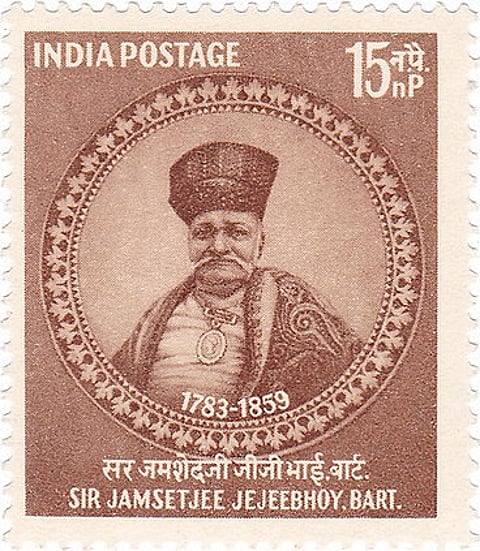

In 19th-century India, rising from poverty to national stature was no small feat, but Jamshedji Jijabhai did just that. As noted by News18, the orphaned Parsi boy overcame immense odds with grit, business acumen, and a lifelong commitment to philanthropy.
Born on July 15, 1783, in Bombay (now Mumbai), Jamshedji lost both his parents in childhood and was raised by his maternal uncle. Despite having no formal education and facing financial hardship, he carved his own path through sheer determination and strategic thinking.
Jamshedji entered the business world at the age of 15, assisting his uncle in the opium and cotton trade. He soon started his own venture and expanded into international markets such as China, eventually becoming one of Bombay’s most respected businessmen.
From commerce to compassion
Jamshedji’s success extended far beyond business. He was a devoted philanthropist, best known for establishing the JJ Hospital and JJ School of Art, to which he donated generously. His philanthropic efforts included building Dharamshalas, orphanages, and schools, benefiting not only the Parsi community but also people from various backgrounds. In present-day terms, his donations would be valued in crores.
British recognition
His contributions earned him rare honours under British rule. He was knighted in 1842 and, in 1857, became the first Indian to be made a Baronet – a distinction that signified elevated status within the colonial hierarchy. He also served as Justice of the Peace in Mumbai and a Member of the Legislative Council.
A timeless legacy
Jamshedji passed away on April 14, 1859, but his legacy lives. He was more than just a successful businessman; he was a reformer who believed that business had the power to uplift society. His name remains etched on the streets, schools, and institutions of Mumbai, and his life continues to inspire future generations.
Jamshedji Jijabhai’s story is a powerful reminder that with noble intent and drive, extraordinary legacies can be built even from humble beginnings.
